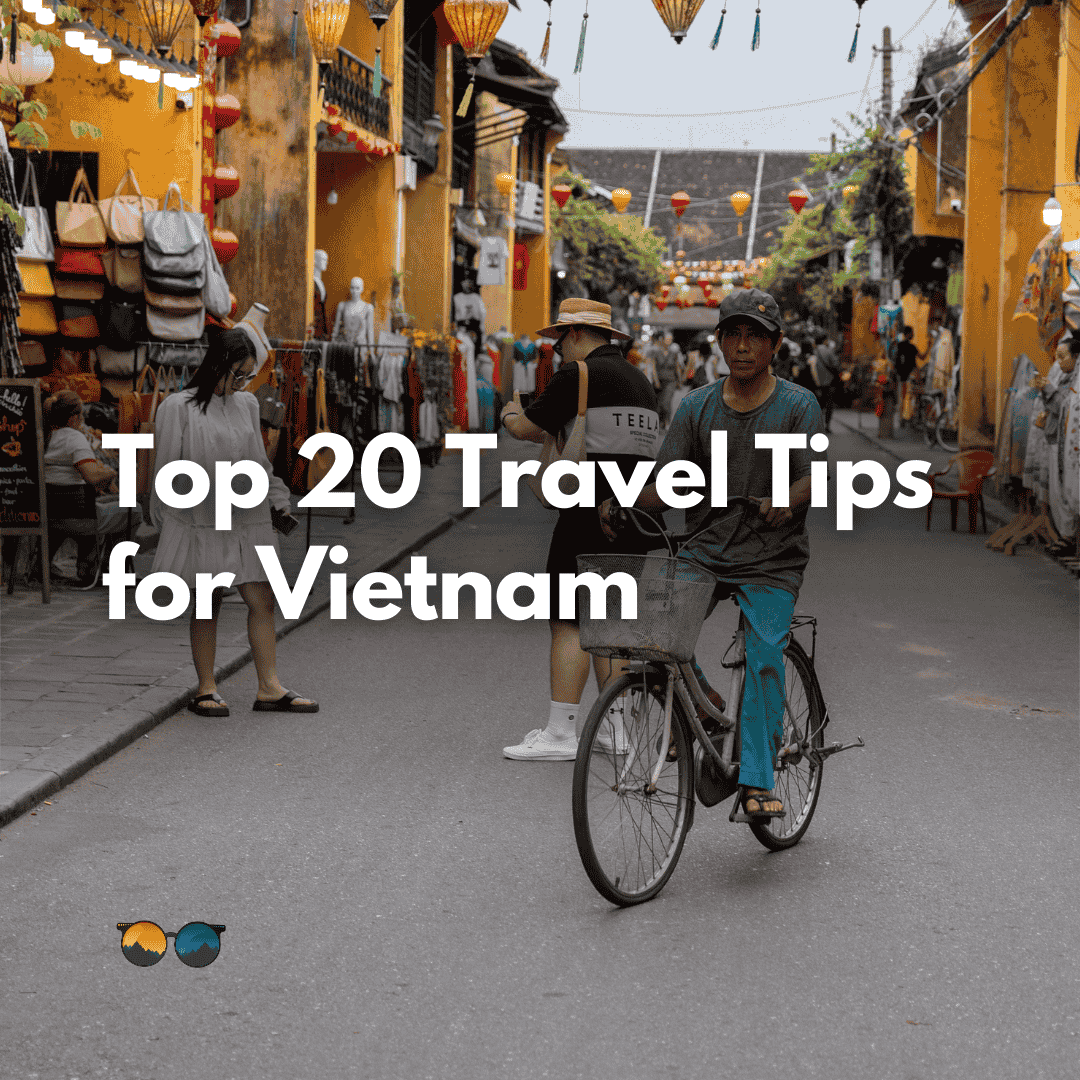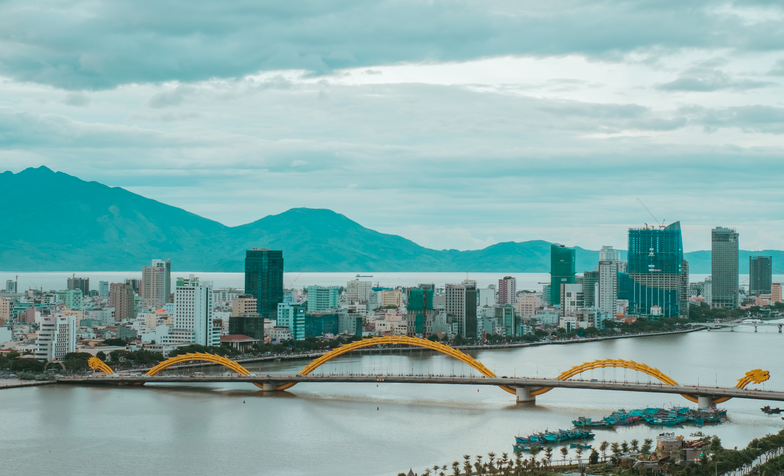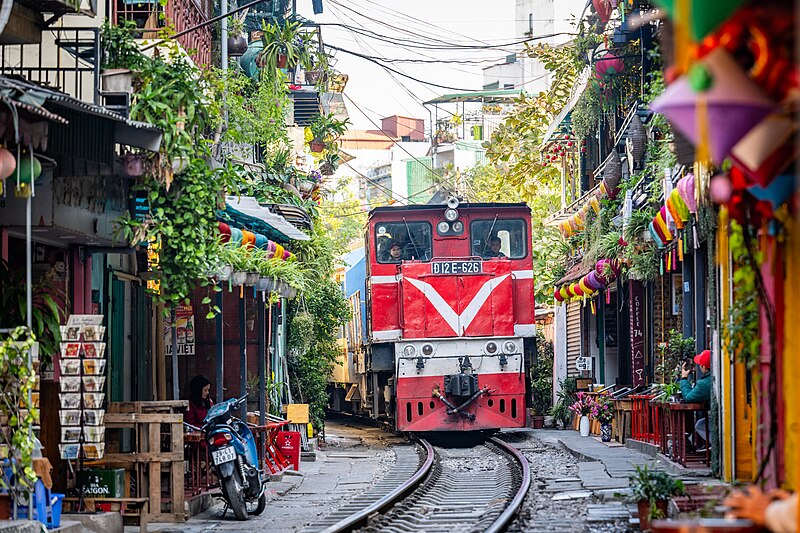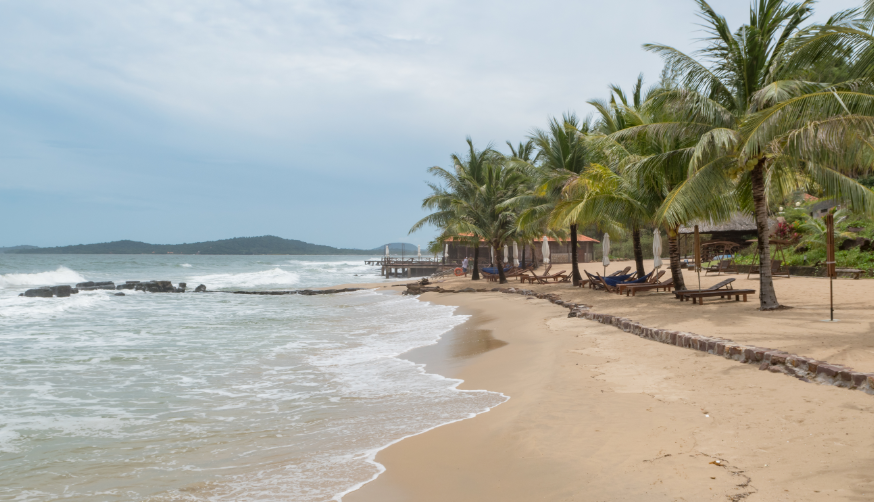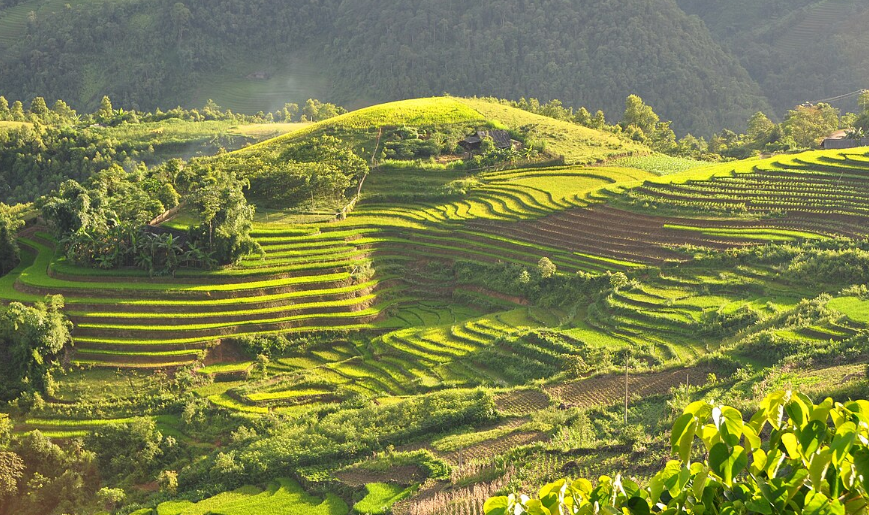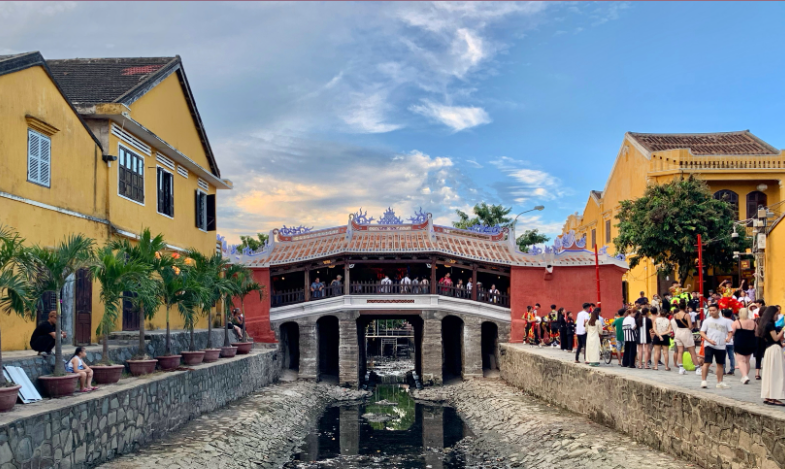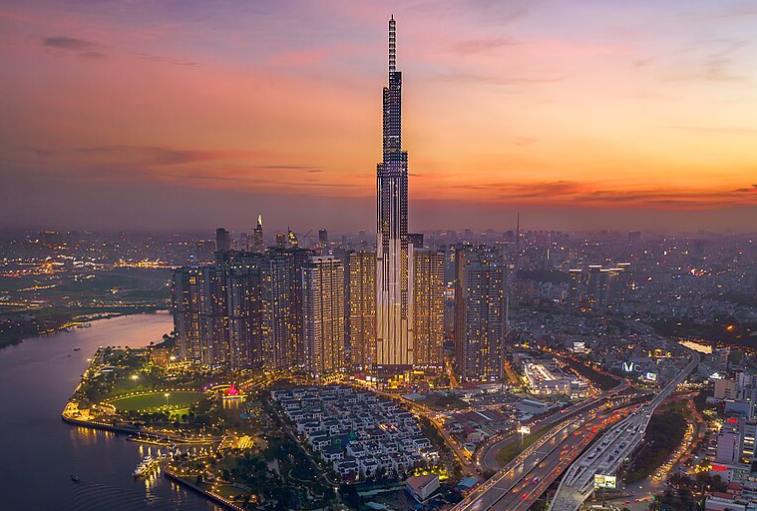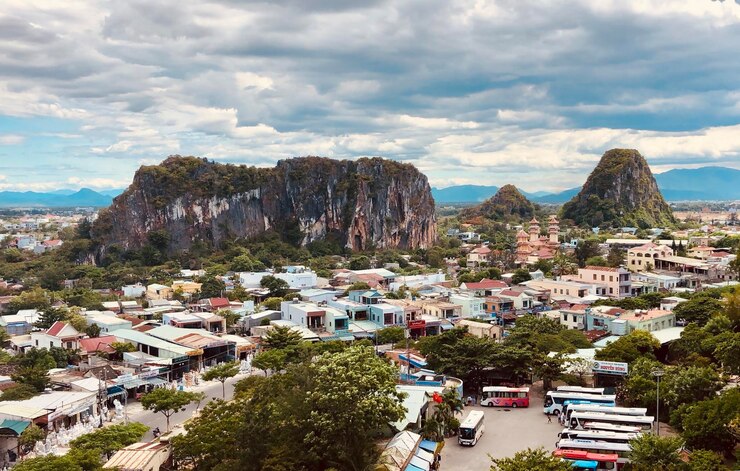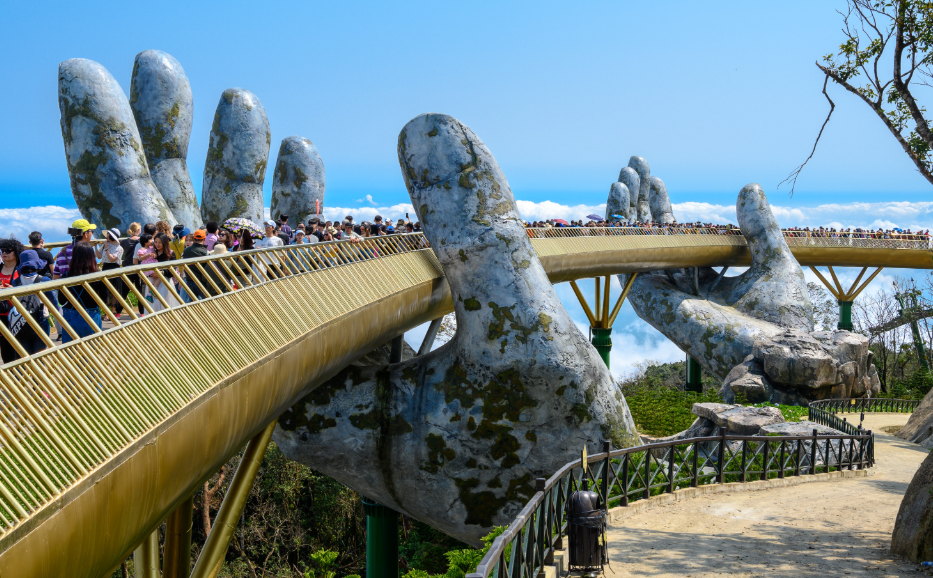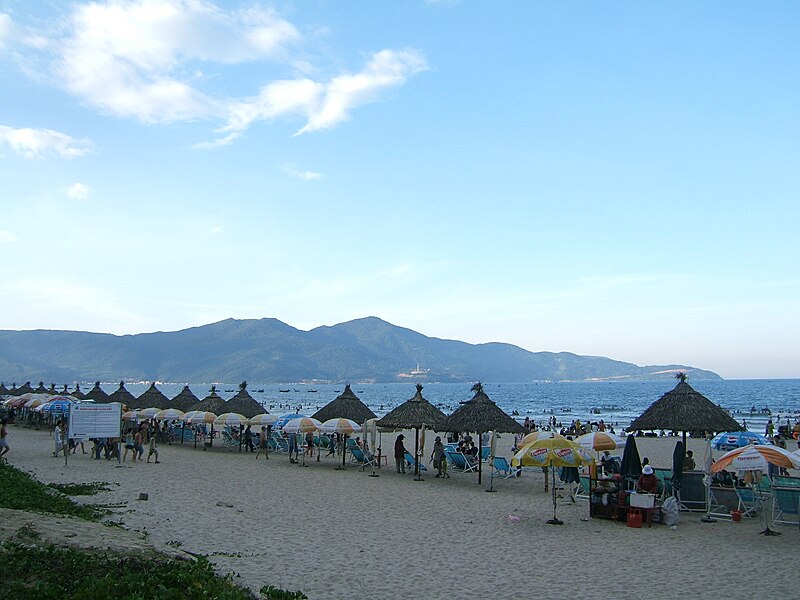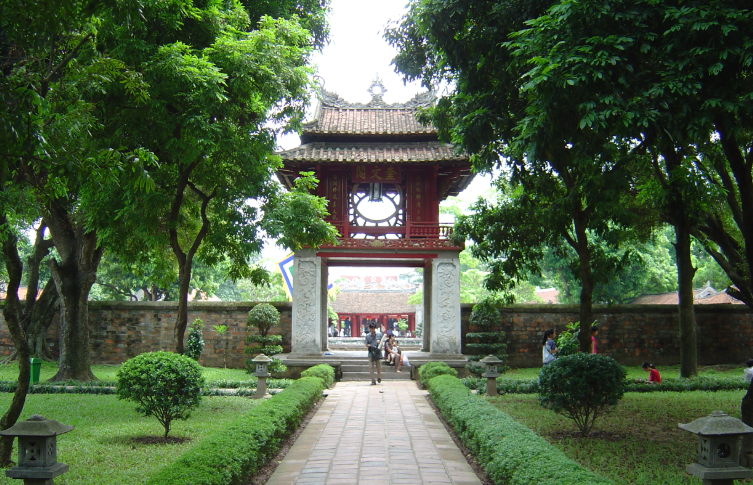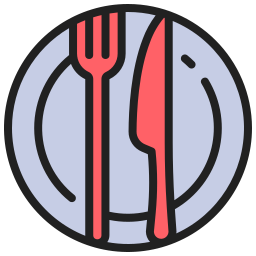Vietnam is an interesting place for tourists with historical temples, delicious street food, and sunny beaches. Here are the top 20 travel experts tips for Vietnam based on the first-hand experience of people who know the country inside out.
1. Best Time To Visit
The best time to visit Vietnam depends on the region that one plans to visit. The northern part of Vietnam, comprising cities such as Hanoi, has relatively cool and dry weather between October and April. In the south, for example, in Ho Chi Minh City, the climate is better between December and March. The climate in most areas of central Vietnam, especially Hoi An, is relatively good in spring and autumn.
2. Prepare for a Range of Weather Conditions
Though people have a perception that Vietnam has a warm climate like most other Southeast Asian countries, many do not know that the northern part of the country can be quite cold during winter. If you go somewhere like Sapa or Ha Giang, especially during the winter, it is chilly, so make sure to pack some warm clothing. At the same time, visitors should bear in mind that southern Vietnam does not cool down nearly as much. If you plan on going on tropical excursions, it's going to be hot and humid, so light and loose clothing is advisable.
3. Celebrate Street Food
Vietnam is famous for its street food, including noodle soup called Pho, a Vietnamese sandwich called banh mi, and grilled pork served with noodles called bun cha. Vietnamese street food is cheap and among the tastiest that you are likely to come across. Following crowds is a good way to focus on stalls where people from around there are buying.
4. Navigating the Traffic
Traffic in Vietnam, especially in places like Hanoi and Ho Chi Minh, is relatively intimidating, especially for visitors who are experiencing the new environment. Automobiles, motorbikes, and even pedestrians easily create their traffic lanes. It is better to avoid running or sudden movements when you are in the middle of a zebra crossing and letting the cars pass through.
5. Bring Vietnamese Dong for Daily Transactions
Although most luxury hotels accept credit cards, many restaurants, shops, and markets are strictly a cash business. The money used by the Vietnamese people is called Vietnamese Dong (VND), and it is advisable to have small notes. There is no shortage of ATMs, but they should also be used only for withdrawals.
6. Stay Hydrated, But Avoid Tap Water
In Vietnam, keeping warm and hydrated is encouraged, but the water must not be from the faucets. Almost everyone drinks bottled or boiled water while visiting the beautiful city. Of course, bottled water is easily accessible, and many hotels offer free water.
7. Take Advantage of Affordable Public Transport
Vietnam is still well-equipped with cheap public transportation options. In large cities such as Hanoi and Ho Chi Minh City, online platforms offer motorbike and car services. For longer distances, sleepers and trains are cheap means of transport and afford one a distinctive way of experiencing the country.
8. Plan Ahead
Popular attractions, such as Ha Long Bay, Hoi An, and the Mekong Delta, are usually overcrowded, especially during high season. Tour operators advise visitors to make their prepaid tours and accommodations well in advance, particularly during peak travel season. If you are not tied down to a specific time of year, it is better to go in spring or autumn or visit not-very popular places.
9. Don't Miss Out on Vietnamese Coffee
Vietnam is one of the largest producers of Coffee globally. Their Coffee is powerful and condensed. Among the most popular ones are simply iced Coffee sweetened with condensed milk. Coffee shops can be found in every region, starting with modern metropolitan cafes and ending with small shops selling a cup of Coffee for a couple of cents.
10. Respect Local Customs and Culture
Vietnam has a long history and has a rich culture. In other words, to visit temples or pagodas, do not wear any attire that exposes the upper part of an arm or above the knee. It is also good to do away with your shoes when you are going to a person's house or religious places. Respecting such traditions will help you receive a grateful response from the people.
11. Explore Beyond the Major Cities
As much as Hanoi and Ho Chi Minh City will provide lots of entertainment, Vietnam's main appeal is its landscapes. To the north of Vietnam, one can enjoy the majesty of the terraced rice fields of Sapa or discover other destinations such as Ha Giang. In central Vietnam, visit Phong Nha caves or the beaches around Da Nang city.
12. Negotiate Prices When Shopping
Negotiation is quite popular in Vietnam and is usually exercised in bargaining prices in the markets. One does not really have to bargain when buying souvenirs, garments, or even food sold on the streets.
13. Stay Connected with Useful Apps
Some of the applications that would make the trip easier must be installed on your phone before you travel to Vietnam. Applications like Google Maps or any relevant transportation application are a big help. Perhaps you will also appreciate Google Translate as many people will not be able to speak English there. Other helpful applications include the one for finding restaurants and for navigating when no Internet connection exists.
14. Book Accommodations Based on Location
As for the accommodation, the location is critical because distance from the significant sites can significantly affect the travel experience. For instance, when in Hanoi, it is nice to choose your hotel in the Old Quarter if you want to tour by street. As a tourist, it is easier for one to move around, so staying in District 1 taps major points of interest in Ho Chi Minh City.
15. Travel smart with Motorbike Rentals
Bicycles are in short supply in the country, while motorbikes are the most used means of transportation. Hiring one can allow you to move around at your leisure. Roads in Vietnam are not always friendly, especially to first-time bike riders. This way, it is important to put on a helmet and get an international driver's license so that you will not be booked.
16. Beware of Tourist Scams
Naturally, no place attracts millions of tourists a year without its fair share of scams. One must avoid being approached by strangers who show too much attention and offer assistance or friendship suddenly. For instance, some taxi drivers may take an additional route to make more revenue. Thus, travelers should hire well-known car services.
17. Immerse Yourself in Local Festivals
Tet, also called the Lunar New Year, is the most important festival and a good opportunity to observe early traditions. However, it is also a time when many shops and offices might be shut. Others are the Mid-Autumn Festival and the Vietnam Hue Festival fest, showcasing great color and rich cultural performances.
18. Master Essential Vietnamese Words
The locals, especially those in the tourist sector, understand the English language, but it is helpful to learn some of the basic Vietnamese phrases. When interacting with Vietnamese people, it is as important to say 'thank you' (cảm ơn) or 'hello' (xin chào), even if it's to get your bearings.
19. Respect the Environment
Tourism is one of Vietnam's main attractions, and thus, it must be protected. Help avoid wastage of resources do not use plastic products, and avoid harming any wildlife. Here, you need to follow the paths provided when observing wildlife in protected areas or hiking in the countryside.
20. Be Open to Spontaneous Adventures
One of the beautiful parts of visiting Vietnam is that some of the most rewarding experiences are serendipitous. You will find yourself wandering for hours in search of a great traditional Vietnamese restaurant or an excellent cup of Coffee in Hanoi, the Vietnamese cooking class, or grabbing a quick snack at a local market. Always try to leave yourself open to things like being invited to the house of a Vietnamese friend for dinner or ending up watching a street show. Vietnamese attractions tend to be discovered almost accidentally.
FAQs
What do you need to do before traveling to Vietnam?
Before traveling to Vietnam, it’s important to ensure that your passport is valid for at least six months from your date of entry. Some nationalities may require a visa, so it’s best to check the visa requirements specific to your country. For many travelers, an e-visa or visa on arrival is available and relatively easy to obtain. It's also wise to check with your healthcare provider or the local health authority about recommended vaccinations for Vietnam, such as those for hepatitis A and typhoid, especially if you plan on visiting rural areas. Additionally, it’s a good idea to purchase travel insurance for added security and peace of mind during your trip.
Do’s and Don’ts in Vietnam?
Do: Respect local customs, dress modestly, and try Vietnamese cuisine.
Don’t: Touch people's heads, point at others, or engage in public displays of affection.
What is the best way to travel through Vietnam?
The best way to travel through Vietnam depends on the distance and your personal preferences:
For long distances between major cities such as Ho Chi Minh City, Hanoi, and Da Nang, domestic flights are the most convenient option. Vietnam has several low-cost airlines that offer affordable fares. Buses are also widely available and provide good connectivity between towns and tourist destinations. Sleeper buses are popular for longer trips and are an affordable option for budget travelers. For local exploration, you can rent a motorbike or take taxis and rideshare services like Grab in urban areas.
How much money is sufficient for a Vietnam trip?
The amount of money you’ll need for a trip to Vietnam depends on your travel style. For budget travelers, around $30-50 per day should be sufficient. This includes affordable accommodation in guesthouses or hostels, street food, local transportation, and sightseeing. If you’re staying in more comfortable hotels and dining at mid-range restaurants, your daily budget may range from $50-100. For luxury travelers, Vietnam can still be quite affordable, but you can expect to spend more on high-end accommodations, fine dining, and guided tours, with daily costs reaching $150 or more.
10 0



